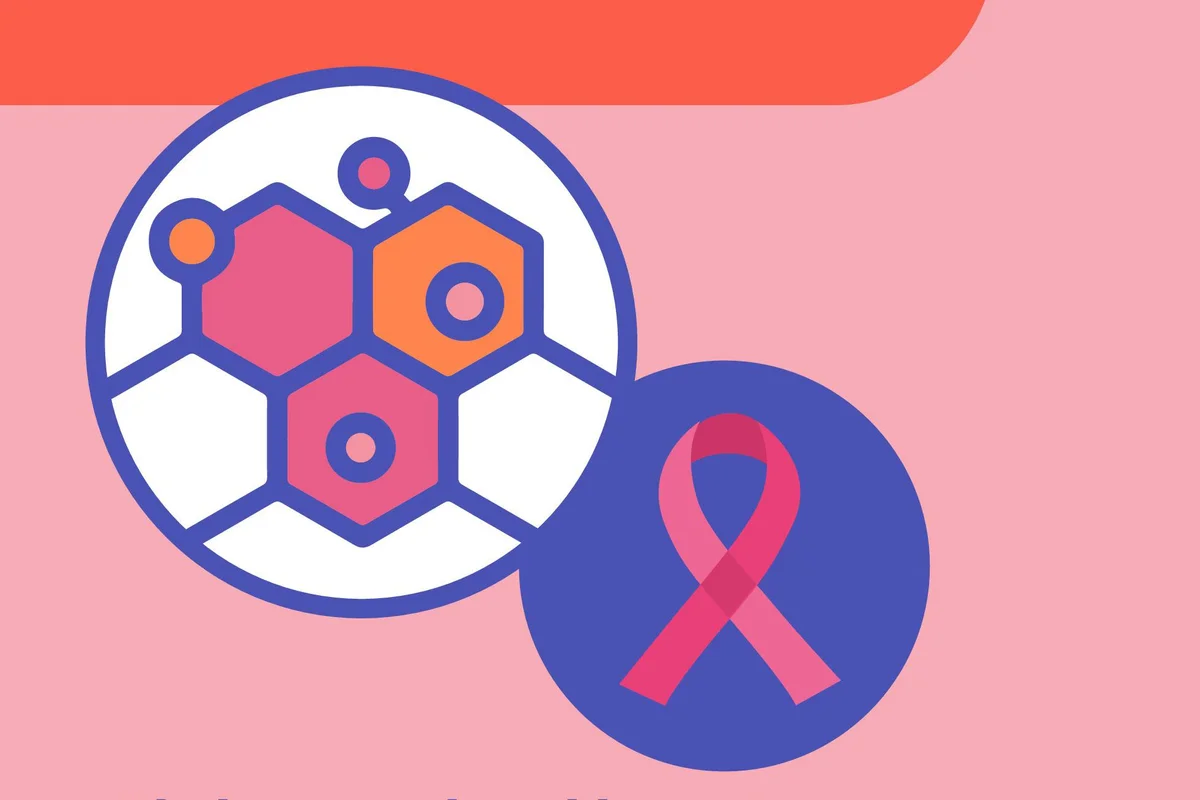About 1 in 8 U.S. women will develop invasive breast cancer over the course of their lifetime.
FACT: Over 75% of women with breast cancer have no family history of the disease.
Did you know? Breast cancer risk is associated with exposure to hormones (estrogen and progesterone) produced in a woman’s ovaries. The longer a woman is exposed to hormones produced by her body, the greater the risk of breast cancer.
Increased exposure to hormones = increased breast cancer risk
Reproductive factors that increase breast cancer risk include:
- Early menstruation (before age 12)
- Late menopause (after age 55)
- Never giving birth
Pregnancy and breast cancer risk
Both pregnancy and breastfeeding reduce breast cancer risk because they lower the number of menstrual cycles(hormone exposure) a woman will have in her lifetime. But different pregnancy circumstances can raise or lower breast cancer risk.
What raises breast cancer risk?
- First pregnancy at an older age
- Recent childbirth (temporary increase that declines after about 10 years)
What reduces breast cancer risk?
- First pregnancy at an early age
- Each additional pregnancy (the more you have, the lower your risk)
- Breastfeeding for at least a year
Birth control and breast cancer risk
- There is some evidence that hormonal contraceptives like the pill increase breast cancer risk, but overall, risk of breast cancer among birth control users is low.
- Hormonal contraceptives are linked to a lower risk of ovarian, endometrial and colon cancers.
Hormone replacement therapy (HRT) and breast cancer risk
- There are two kinds of HRT: combination estrogen and progesterone and estrogen-only.
- Recent research indicates that combination HRT increases breast cancer risk significantly, while estrogen-only HRT doesn’t increase risk unless it’s used for more than 10 years.
This resource was created with support from Daiichi Sankyo and Merck.
- Another Study on Hormone Therapy and Breast Cancer ›
- True or False? Breast Cancer ›
- Breast Cancer: 10 Common Misconceptions - HealthyWomen ›
- What You Need to Know About Menopause and Breast Cancer ... ›
- Breast Cancer: What You Can Do to Lower Your Risk - HealthyWomen ›







